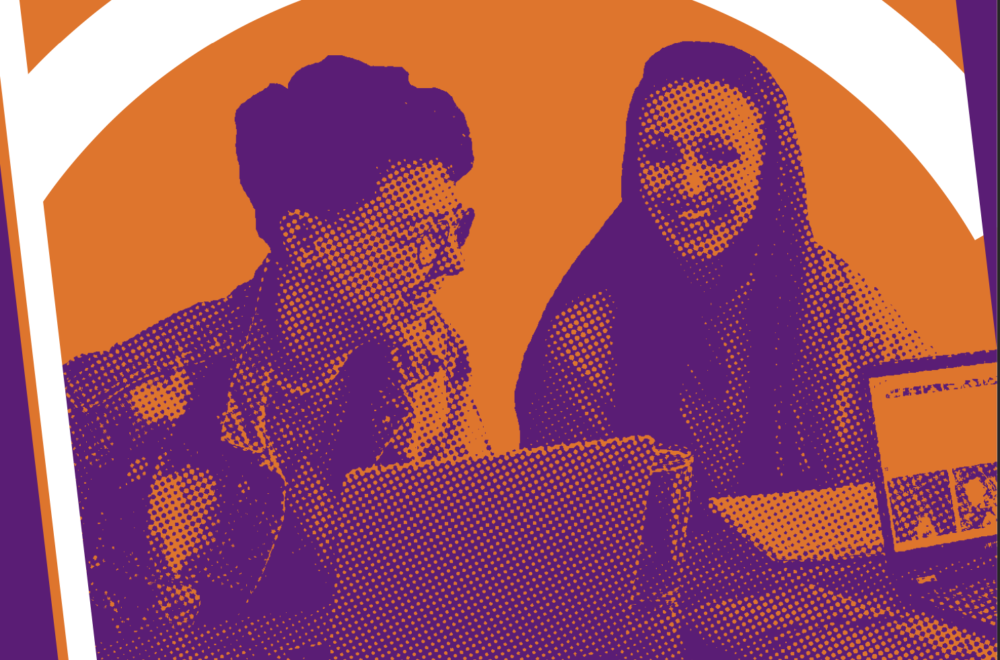Karen Karp is president at Karen Karp & Partners (KK&P), an agrifood consultancy based in New York, US. Louisa Burwood-Taylor is chief editor at AFN.
Engaging men is a critical part of the solution to the problem of gender inequality for female agrifoodtech entrepreneurs, reveals new research from KK&P.
The research, which reveals a “negative gender bias” across startup programs offered to female agrifoodtech entrepreneurs in Europe, found that men have “untapped power” to reduce this bias and must learn how to use it.
“In my opinion, the secret sauce is the man. We have to talk to them, educate them and point out their negative gender bias,” said one female agrifoodtech entrepreneur participating in a startup program offered by EIT Food, the organization that commissioned the research and published a report about it.
“We need more male role models — male feminists — who are opinion leaders on this topic, and with whom other male professionals can relate,” said another.
EIT Food, which is funded by the EU, is a European Knowledge and Innovation Community (KIC) set up to drive transformation in the food sector across the continent.
The report comprises quantitative data from a survey of 46 female agrifoodtech entrepreneurs taking part in four startup programs offered by EIT Food in 2019 and 2020, along with qualitative findings from interviews with 25 participants during two-hour focus groups.
“Across the broad entrepreneurship ecosystem, just 24% of respondents agreed that men are making an effort to create gender parity, compared with 39% who believe no effort is being made,” reads the report.
Seventy-five percent of female agrifoodtech entrepreneurs responding to the survey have experienced negative gender bias with 19% believing it has held back their careers. Although most women have personal experiences of negative gender bias, they have relatively few issues with their co-founders and staff. However, they still believe that negative gender bias is rampant across the entrepreneurial ecosystem, with 83% stating they experience it while pitching for funding.
“Funding opportunities across gender and race are not equal although everyone says [they are]. Investors tend to invest more in a default stereotype, [and] business opportunities tend to be easier for this default stereotype,” said one focus group participant.
“Bias is when I say something that is not believed [but] when my male co-founder says the same thing, the investor believes it,” said another.
One way in which startup programs like EIT Food have offered support to women is through programs dedicated to them: 56% of respondents agreed they do benefit from women-only programs and 67% state that EIT Food programs have strengthened their confidence as a woman and as an entrepreneur. However, 50% of survey respondents and all of the focus group participants agreed that having more female representation among the instructors, mentors, and investors across the EIT Food ecosystem could be more effective. While this would encourage women, it would also serve to help “men realize they are not the only important people in the world,” argued one survey respondent.
On the back of this report’s findings, KK&P has made several recommendations for EIT Food that include looking within its own organization as well as across its programs to address gender bias. These range from assessing its communication and intake tools, to recruiting more diverse partners and creating a new investor-entrepreneur network that is more appreciative and inclusive of female founders.
Download the full report here.
Are you looking for amazing women to work with, speak at your events, or otherwise get in touch with? Check out this searchable directory of women in agrifoodtech here.





